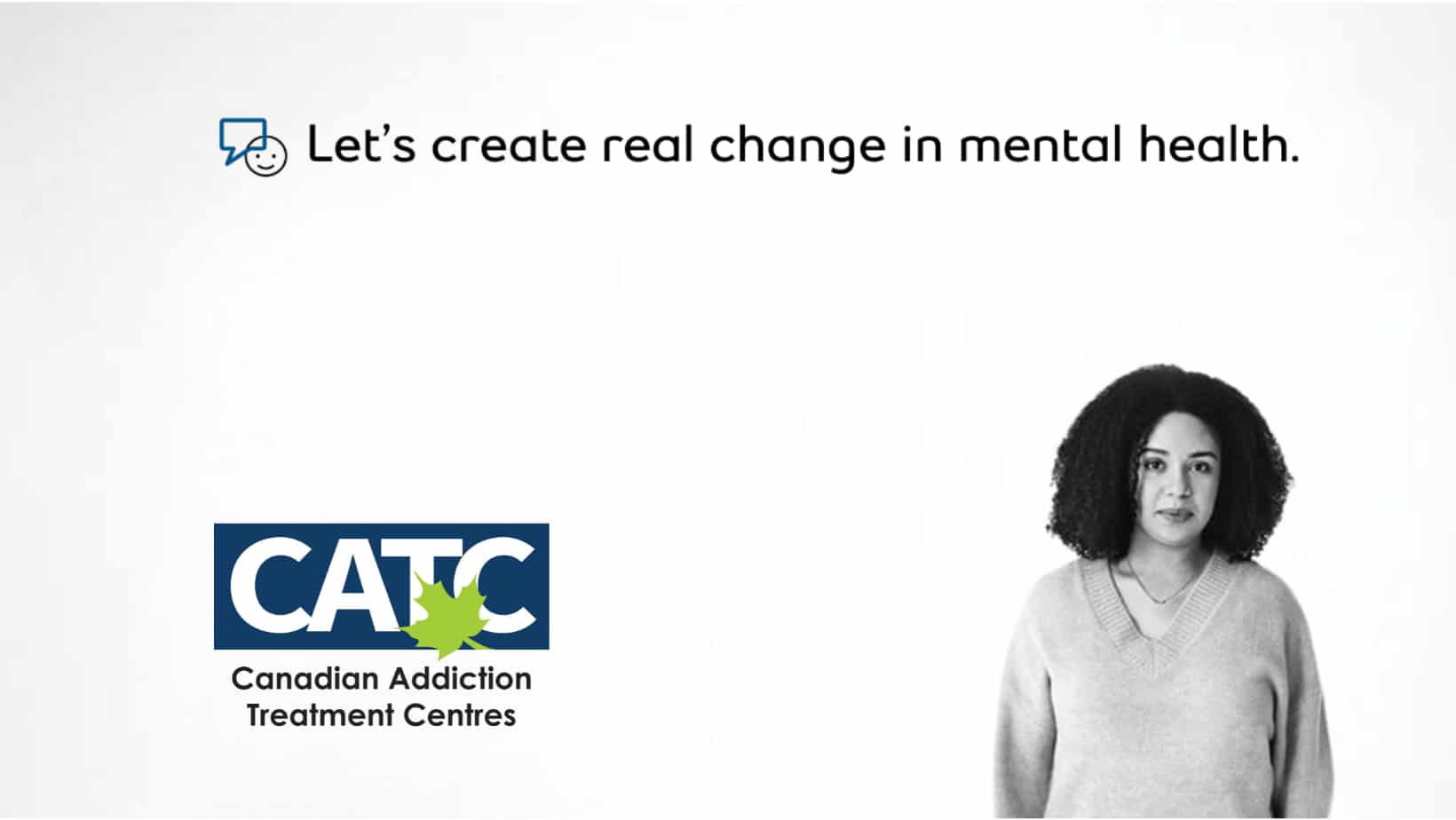
Cocaine addiction, along with its withdrawal symptoms, presents a significant health concern.
Understanding the addictive nature of cocaine is crucial for individuals, their families, and healthcare providers. With the latest estimates on cocaine use rates in Canada showing a notable presence, it’s essential to recognize the existence of effective cocaine addiction treatment options. This article aims to shed light on the risks associated with cocaine use and the broader impact of drug abuse.
The Nature of Cocaine
Cocaine, a potent stimulant derived from the coca plant, has a complex history. Its transition from a medically used substance to a dangerous drug highlights the need for awareness about its addictive properties.
Discovering the Side Effects of Cocaine
The transition from a beneficial substance to a recognized danger was marked by the discovery of cocaine’s detrimental side effects, such as high blood pressure and heart attack risks. These health risks, including the potential for physical dependence and psychological addiction, reshaped how cocaine is perceived in healthcare and society.
Regulation of Cocaine in Canada
Canada has imposed strict regulations on cocaine in response to these dangers. These regulations aim to curb cocaine abuse and manage its availability, reflecting the substance’s potential for harm and dependency. However, the psychological symptoms of addiction and the intense pleasure derived from cocaine use continue to drive its misuse.
The Unfortunate Availability of Cocaine
Despite efforts to regulate, cocaine, including crack cocaine, remains accessible, posing challenges for public health, law enforcement, and addiction treatment services. This accessibility contributes to the continued abuse of cocaine and the development of mental health issues among users.
Physical Addiction to Cocaine
Understanding how cocaine addiction develops is key to addressing this pressing health issue. Cocaine profoundly affects the brain’s dopamine levels, a neurotransmitter linked to pleasure and reward, leading to the drug’s highly addictive nature. Regular use of cocaine induces significant physiological changes in the brain, altering its function and structure.
Cocaine’s Impact on the Central Nervous System
Cocaine stimulates the central nervous system, leading to increased energy, alertness, and euphoria. However, these short-term effects come with significant risks and long-term consequences.
The Role of Dopamine Receptors
Cocaine’s interaction with dopamine receptors plays a crucial role in addiction. It blocks the reabsorption of dopamine, leading to an accumulation of this neurotransmitter and an intensified feeling of pleasure.
Physical Symptoms of Cocaine Addiction
Physical addiction is characterized by a range of symptoms, including an increased tolerance to the drug, withdrawal symptoms during periods of non-use, and a persistent desire to consume the substance despite understanding the risks.
Psychological Addiction to Cocaine
In addition to its physical effects, cocaine is also highly psychologically addictive. The drug’s ability to create a sense of euphoria can lead users to develop a mental dependence, with psychological complications often accompanying physical dependency. For instance, prolonged use of cocaine can significantly affect sleep patterns and lead to other mental health issues.
Treatment Options for Cocaine Addiction
Effective treatment for cocaine addiction is multifaceted, involving various approaches tailored to the individual’s specific needs. Understanding and utilizing these options is a critical step towards recovery.
Treatment options include inpatient rehab, outpatient programs, and medically assisted treatments. Each option offers different levels of support and interventions based on the severity of the addiction and individual circumstances.
Importance of Seeking Help Early
The earlier an individual seeks help for cocaine addiction, the better the chances of successful recovery. Early intervention can prevent the escalation of addiction and mitigate its long-term effects on health and well-being.
Outpatient Care and Continuous Support
Outpatient care provides ongoing support for individuals in recovery, allowing them to maintain their daily responsibilities while receiving treatment. This approach can be particularly effective for those in the early stages of addiction or as a step down from more intensive inpatient care.
Cocaine Withdrawal and Detox
Managing cocaine withdrawal and undergoing detox is a critical initial step in the treatment process. Medically supervised detox ensures safety and can help manage the uncomfortable and potentially dangerous symptoms of withdrawal.
Psychological Support and Therapy
Therapy and psychological support are essential components of addiction treatment, addressing the underlying causes of addiction and developing coping strategies for long-term recovery.
Long-Term Recovery and Avoiding Relapse
Maintaining long-term recovery requires ongoing effort and support. Developing strategies to avoid relapse is a critical aspect of sustaining sobriety and leading a healthy, drug-free life.
The Path to Recovery
Cocaine addiction, both physical and psychological, presents significant health risks and challenges. Recognizing the importance of early intervention and treatment is vital for sustainable recovery. Trafalgar Addiction Treatment Centres offer comprehensive treatment options to guide individuals through this process. Our CARF-accredited facility, nestled in a serene, spacious 24-bed setting, ensures personalized and compassionate care from our experienced team.
Our inpatient treatment program provides intensive care in a supportive environment, perfect for those dealing with severe addiction. It includes medically supervised detox and tailored therapy, focusing on the individual’s unique recovery needs. Alternatively, our virtual outpatient treatment option offers flexibility and continuous support, allowing individuals to integrate treatment with their daily lives, ideal for those in the early stages of addiction or as a follow-up to inpatient care.
By choosing Trafalgar, you’re taking a crucial step towards a healthier, drug-free future. Our commitment to your recovery journey is unwavering, with a focus on long-term recovery and relapse prevention.
Contact Trafalgar Addiction Treatment Centres to begin your path to recovery.
Sources
Government of Canada. “Canadian Alcohol and Drugs Survey (CADS): summary of results for 2019.”
NCBI. “A review of the history, actions, and legitimate uses of cocaine.”
Government of Canada. “Cocaine and crack.”
NIDA. “Cocaine”
BCCSU. “Stimulant Use Disorder.”(p. 8)
NCBI. “Interaction between cocaine use and sleep behavior.”
NCBI. “Cocaine Use Disorder (CUD): Current Clinical Perspectives.”
Trafalgar Residence. “Medical Detox: When, Why and How it Works.”
Trafalgar Residence. “Therapy Options for Addiction Rehab Clients.”
Meet Our Renowned Experts
You will receive treatment from the very best.
We have a team of accredited professionals who have many years of clinical and research experience.
Our Rehab Programs
Consult with a professional now to learn how we can help you or your loved one.






